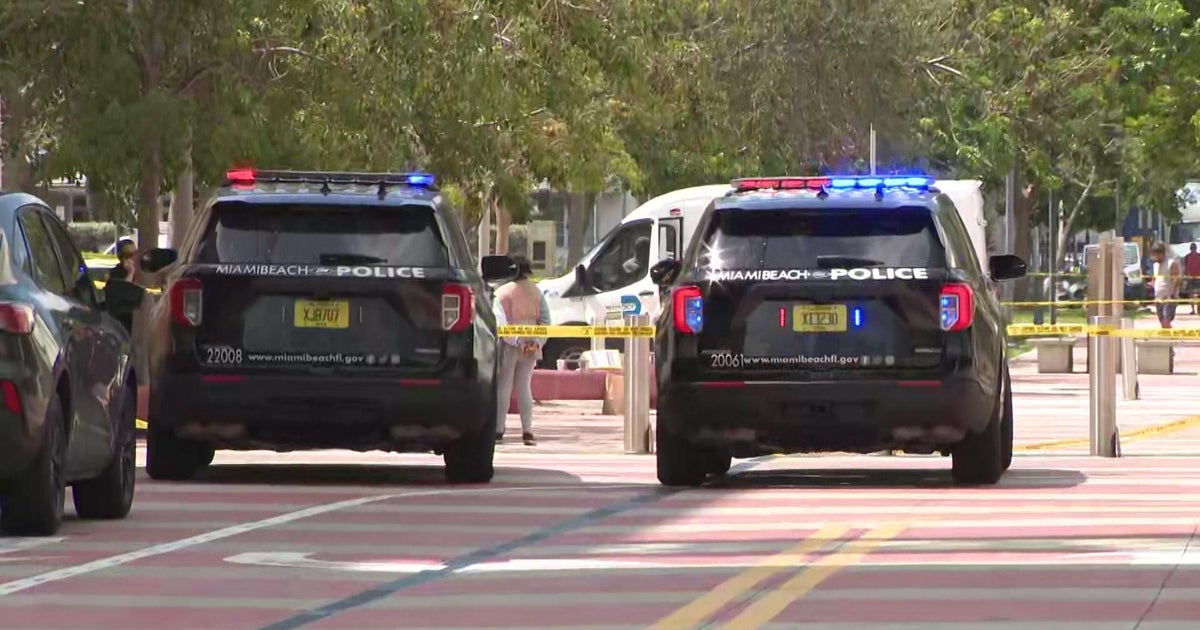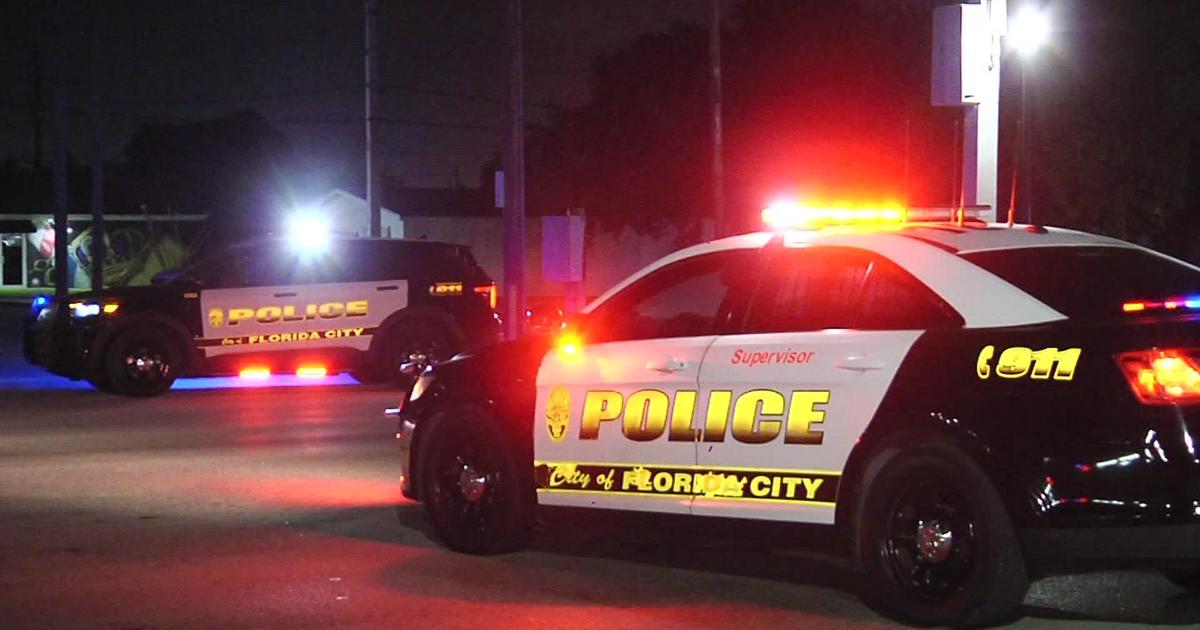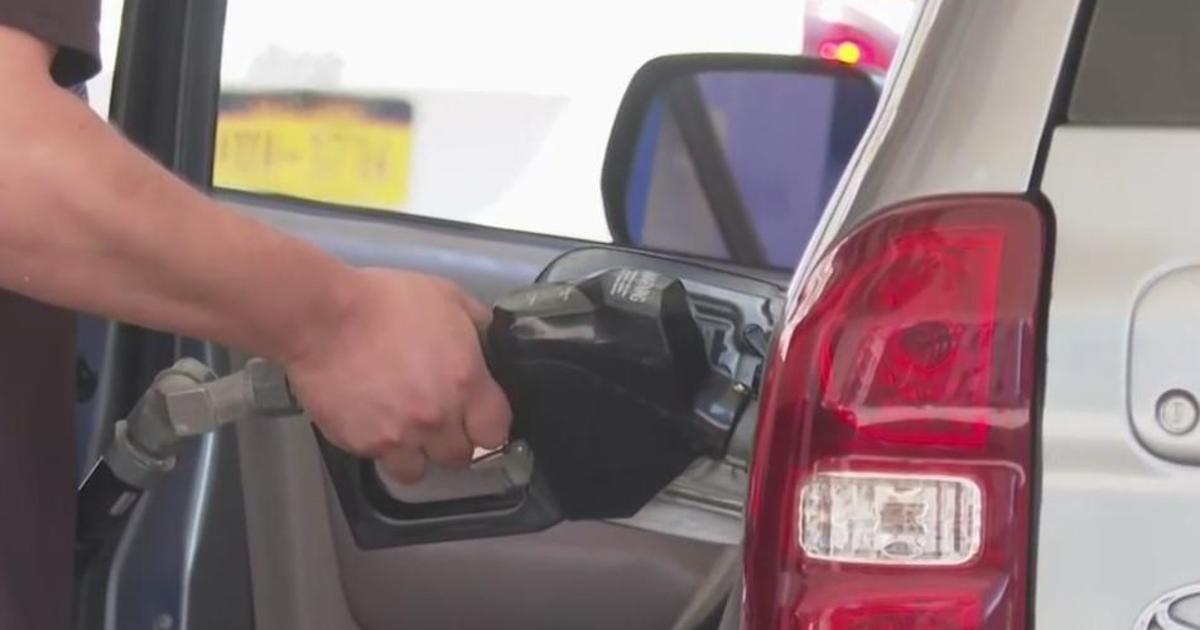Dog Cage Discussion Slows Pace Of Rilya Wilson Murder Trial
MIAMI (CBSMiami) – The trial of Geralyn Graham who is charged in the death of foster child Rilya Wilson more than a decade ago, slowed to a crawl Wednesday afternoon after the attorneys and judge got into protracted discussion concerning a witness statement.
Detra Winfield gave Graham a dog cage which she sometimes put the girl in as punishment, according to Assistant State Attorney Joshua Weintraub in his opening statement.
Winfield gave police a statement about the cage more than 10 years ago but now says she can't remember what she told police.
"At one point she said she thought the defendant (Graham) put the child in a dog cage, but that was just the one time," said Sakin. "The only evidence that this child was put in a dog cage was evidence that (allegedly) came from our client's mouth to a witness."
In the end, Miami-Dade Circuit Judge Marisa Tinkler-Mendez ruled that the state would be allowed to use Winfield's statement to "refresh" her memory.
Wednesday morning Laquica Tuff, the daughter of one of Graham's friends, testified that Graham often complained about Wilson.
"She said it was not enough money to take care of Rilya, it wasn't worth it," said Laquice.
She told the jury that when she used to visit Graham, she noticed that 4-year old Rilya was reserved, shy and not like the other girls. At times the girl had some ugly injuries.
"There were scrapes on her arms. There was a gash on her head," recalled Tuff.
When asked about it, Tuff said Graham always had an explanation.
"She said that Rilya was clumsy and, you know, she was always falling and running into things," said Tuff.
Like previous witnesses, Tuff said it seemed that Rilya was almost always being punished, either in her room or in the laundry room.
Prosecutors claim Graham killed Rilya, who would be 16 now, because she believed the girl was evil and possessed by demons. They plan to produce witnesses who will testify that she repeatedly lied about the girl's whereabouts after she disappeared.
Graham's attorney Scott Sakin raised the possibility in his opening statement that Rilya could still be alive because her body has never been found. Sakin suggested Rilya could've been relocated to a new home and lost in a system that has a history of case worker incompetence.
On Tuesday retired Department of Children and Families supervisor Willie Harris testified that he removed Rilya from the home of Pam Kendrick after Geralyn Graham called DCF saying Rilya was being kept in filthy conditions.
Graham wanted Rilya moved into her house where Rilya's little sister, Rodericka, was living. Harris said he took Rilya after an irate Kendrick refused to allow him to inspect her house.
"The information that I received indicated that the child was living in deplorable conditions which I could not verify," said Harris on the stand.
Harris admitted no home inspection or evaluation was done when Rilya was given over to Graham who is accused of abusing the girl for months before finally smothering her, and then lying to child welfare workers who failed to discover the girl had been missing for more than a year, according to prosecutors.
Also on Tuesday, Judge Tinkler-Mendez denied a motion for dismissal brought by the defense after it was discovered that prosecutor Assistant State Attorney Joshua Weintraub had let his law license lapse.
Weintraub was temporarily removed from the case Monday evening. By Tuesday he was back on the job.
Assistant State Attorney Don Horn told Judge Tinkler-Mendez it was a technical matter that had been resolved. Horn said Weintraub had taken the continuing education courses needed to reinstate him earlier in the year and had problems entering the correct course number. He said the error was corrected and Weintraub was eligible to practice law.
The girl's disappearance led to resignations at DCF, including several high-level positions, when it was discovered that a caseworker was falsifying reports about the girl's well-being and that supervisors took little action. The case also led to a new missing child tracking system in Florida, approval of a privatized system of child casework and tougher laws against falsifying child welfare reports.
Authorities long suspected caretaker Graham in Rilya's disappearance, but didn't charge her until 2005 when prosecutors said she confessed to inmate and jailhouse snitch Robin Lunceford while serving time on an unrelated fraud charge.
Lunceford is expected to testify that Graham told her she killed Rilya because the little girl was evil. Lunceford had been facing a life sentence as a repeat offender but has had her sentence reduced to 10 years because of her cooperation, court records show. With time off for good behavior, she could be released by the end of December, Sakin pointed out.
Pamela Graham is also expected to testify in a plea deal with prosecutors that will likely allow her to avoid jail.
The trial is expected to last about five weeks.
Charged with first-degree murder, kidnapping and child abuse, Graham faces life in prison if convicted.
(TM and © Copyright 2012 CBS Radio Inc. and its relevant subsidiaries. CBS RADIO and EYE Logo TM and Copyright 2012 CBS Broadcasting Inc. Used under license. All Rights Reserved. This material may not be published, broadcast, rewritten, or redistributed. The Associated Press contributed to this report.)



